UEFA World Cup 2014: at mid time Algeria is winning for 1-0 against Belgium. The joy of its supporters explodes in the heart of Noailles market in Marseilles, under an heavy rain and smoke bombs, just moments before the arrival of police.
The series freezes the moment in which Les Fennecs could have succeed, and in a certain sense they surely did: they entered the 16 best world teams becoming the pride of the Nation for ever, and historic results that almost pays off a 32-year-old injustice and somehow explains the overwhelming reaction of their supporters.
In 1982, West Germany and Algeria were in the same first-round group. The Germans as the reigning European champions and one of the tournament favorites were none too concerned about playing the Algerians, who had never qualified for a World Cup and whose players were, barely known outside their country. The Germans were in a lighthearted mood, with their manager, Jupp Derwall, reportedly announcing that if the Algerians won, he would “jump on the first train back to Munich.”
The Germans did lose, 2-1, in one of the great World Cup upsets. Derwall did not jump on the train back to Munich, and in West Germany’s final match against Austria in Gijón, after first goal, both teams spent 80 minutes trying not to score, all too aware that a 1-0 victory for the Germans would serve both their purposes. It was unsporting, unfair, and there was nothing the Algerians or any other outsiders could do to stop it. Two big soccer countries agreed among themselves to eliminate a little country like Algeria, in its first World Cup, and just born in terms of international football.
The headline in the French newspaper L’Équipe the next day was “22 Red Cards”, and the game would be remembered as the match of shame.
The Algerian federation filed a protest with FIFA, which rejected the appeal, and, to avoid further shame, changed its rules to mandate that final matches in a group be played on the same day, at the same time.
In 2014 Group H, none of the German and Algerian players who faced one another had any direct role in the wrong at the World Cup in Spain in 1982, when no member of this Algerian team was even born. The Germans were again favorites and won, but there were surely no jokes about catching trains back to Munich. For many, many minutes, it felt like Algeria would score, and would win. It was easy to forget that, as the competition goes on, it turns into a theatre of pain, and that one moment can erase all the others. World Cup could start as a romance, but it just as often delivers up farce and tragedy.
Algerian defeat was beautiful and cruel. The team was actually enjoying itself and all the international announcers seemed pleased to watch such great football, enjoying that glimpse, that clarity, Algerians offered. They may have lost, but they reminded us of the joy and the beauty of the game: that is what the people in the streets and plazas of Algiers and Marseilles knew and demonstrated, celebrating their heroes. This stunning visual moment carries the feeling of those moments when it seemed certain that Algeria would win, no matter the final defeat. And a world in which they did, or will, could still been imagined on the horizon.
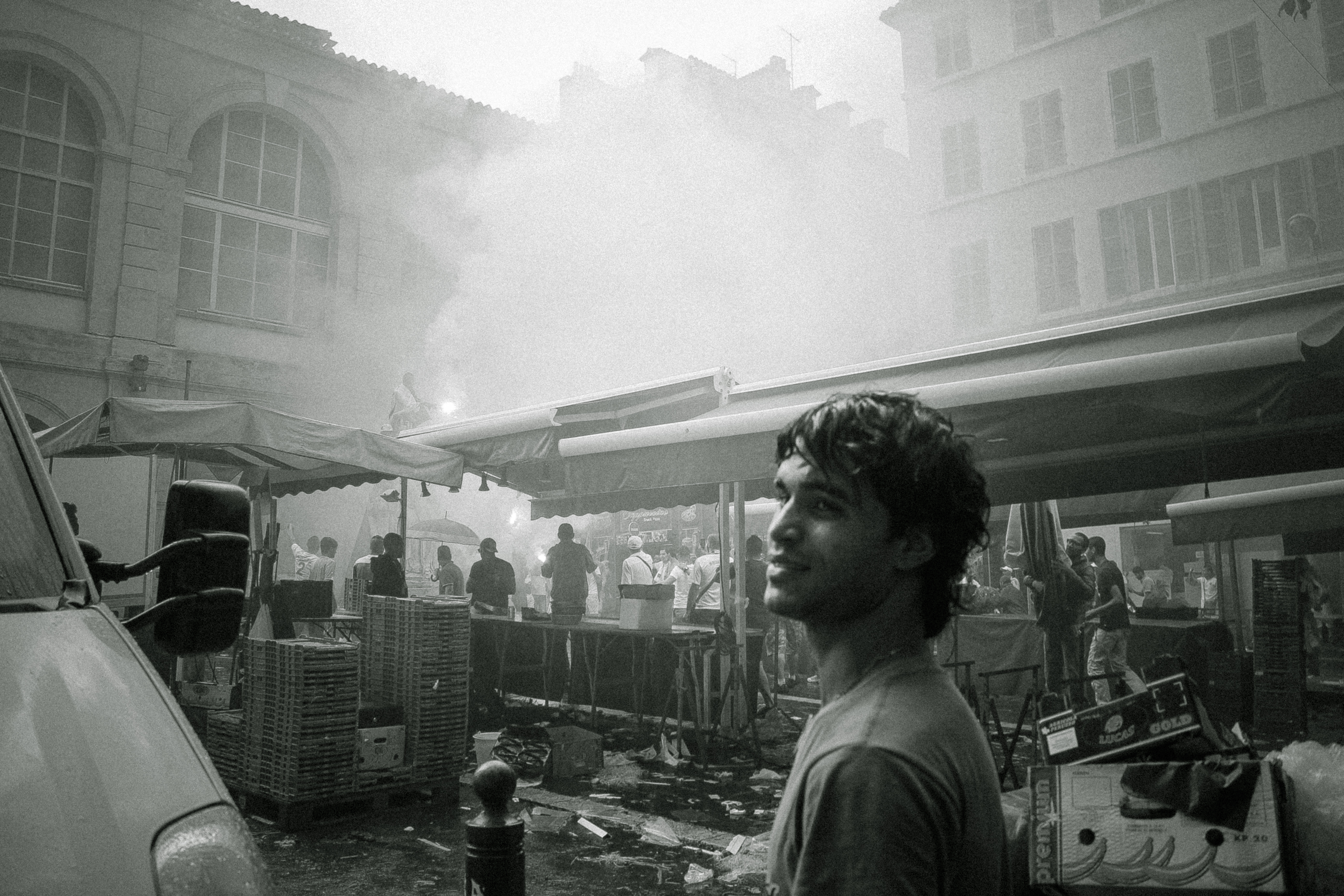
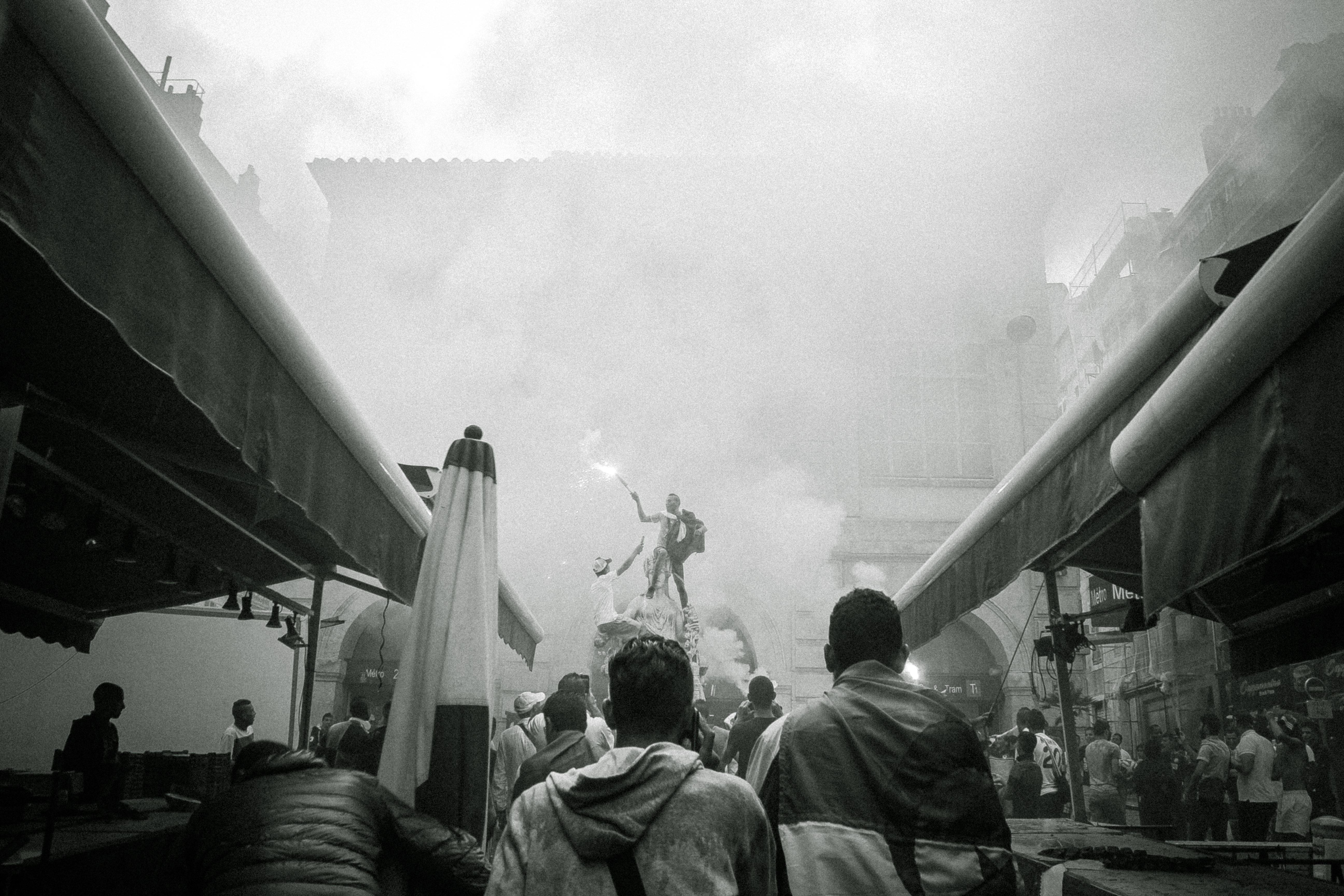
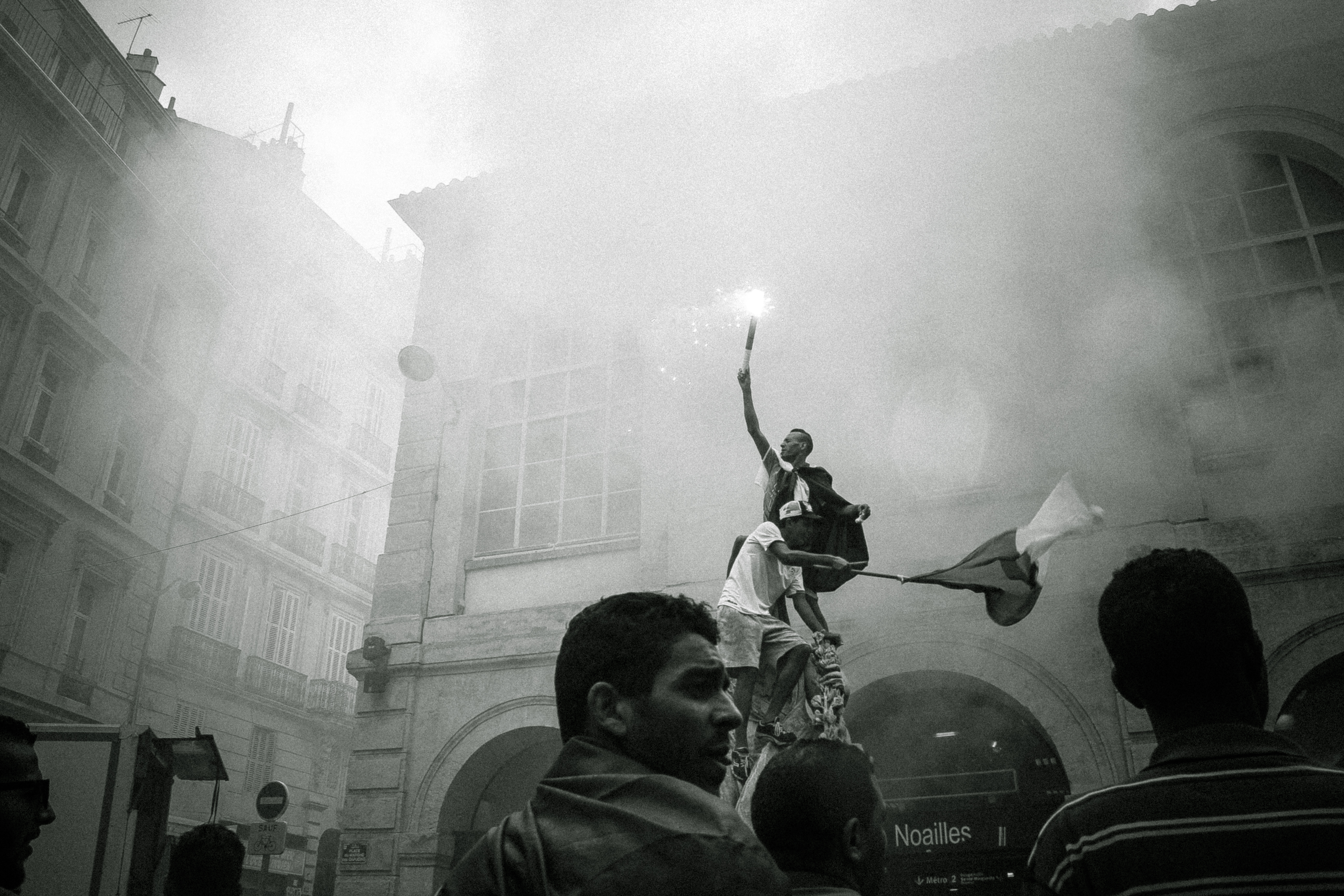

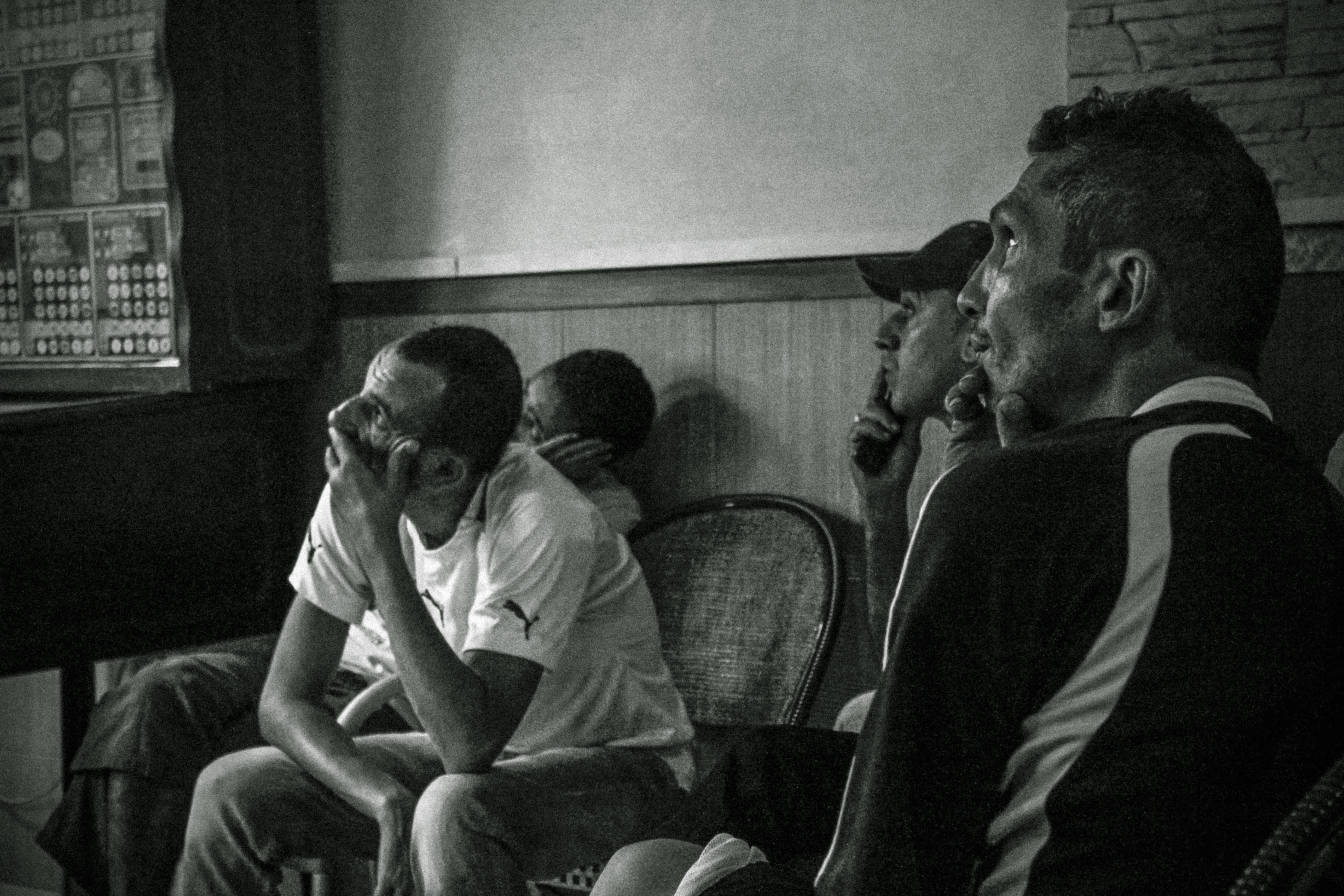


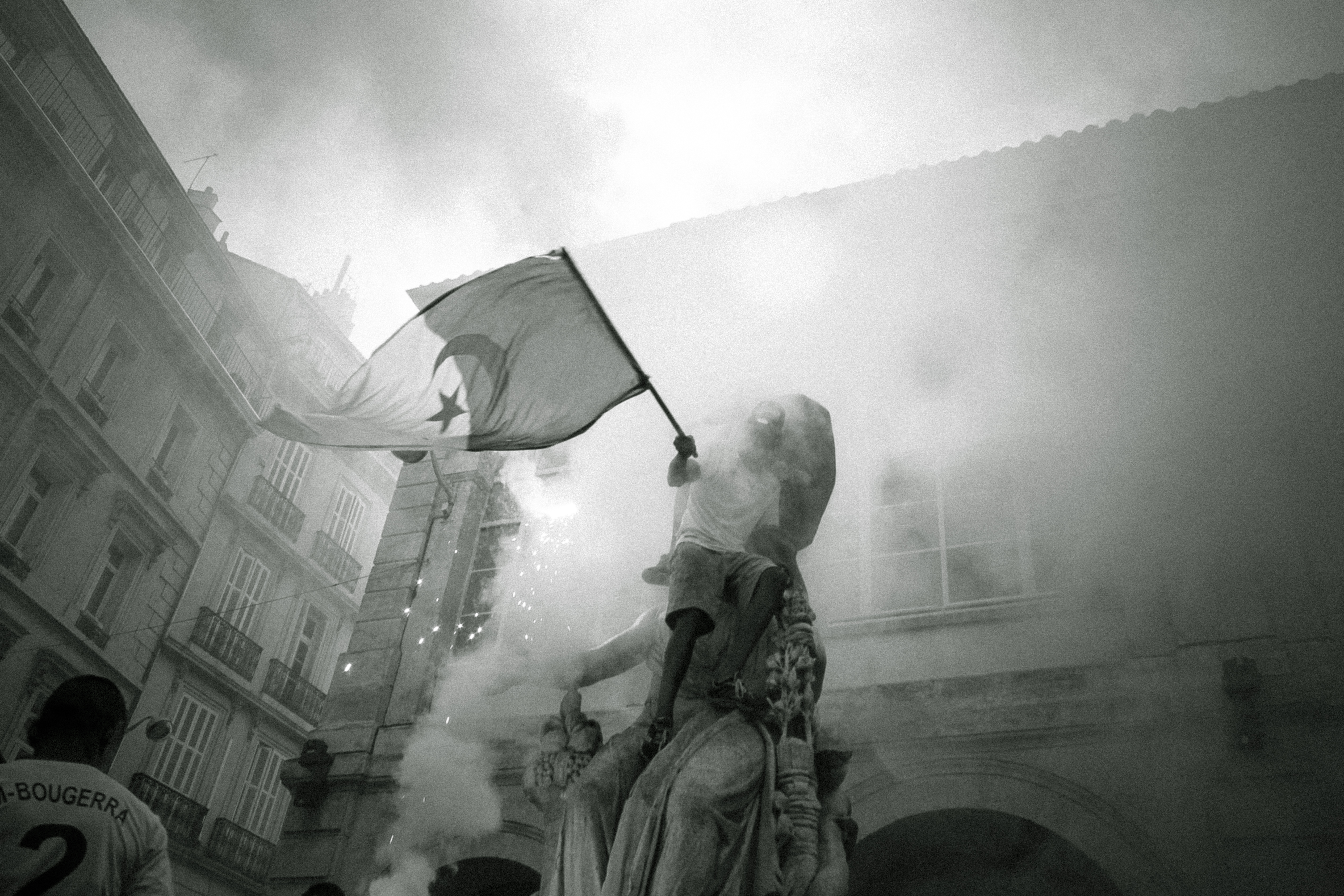
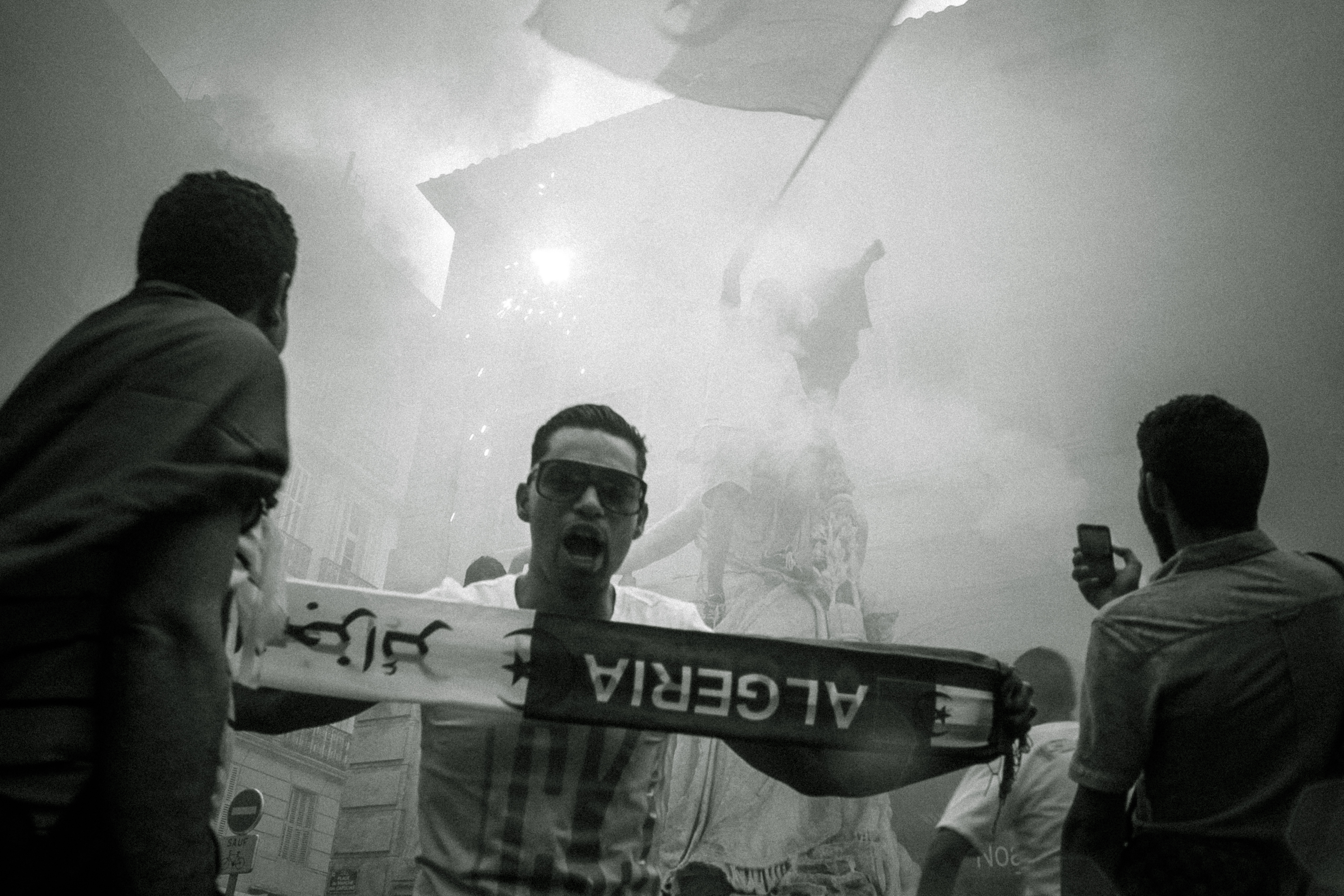
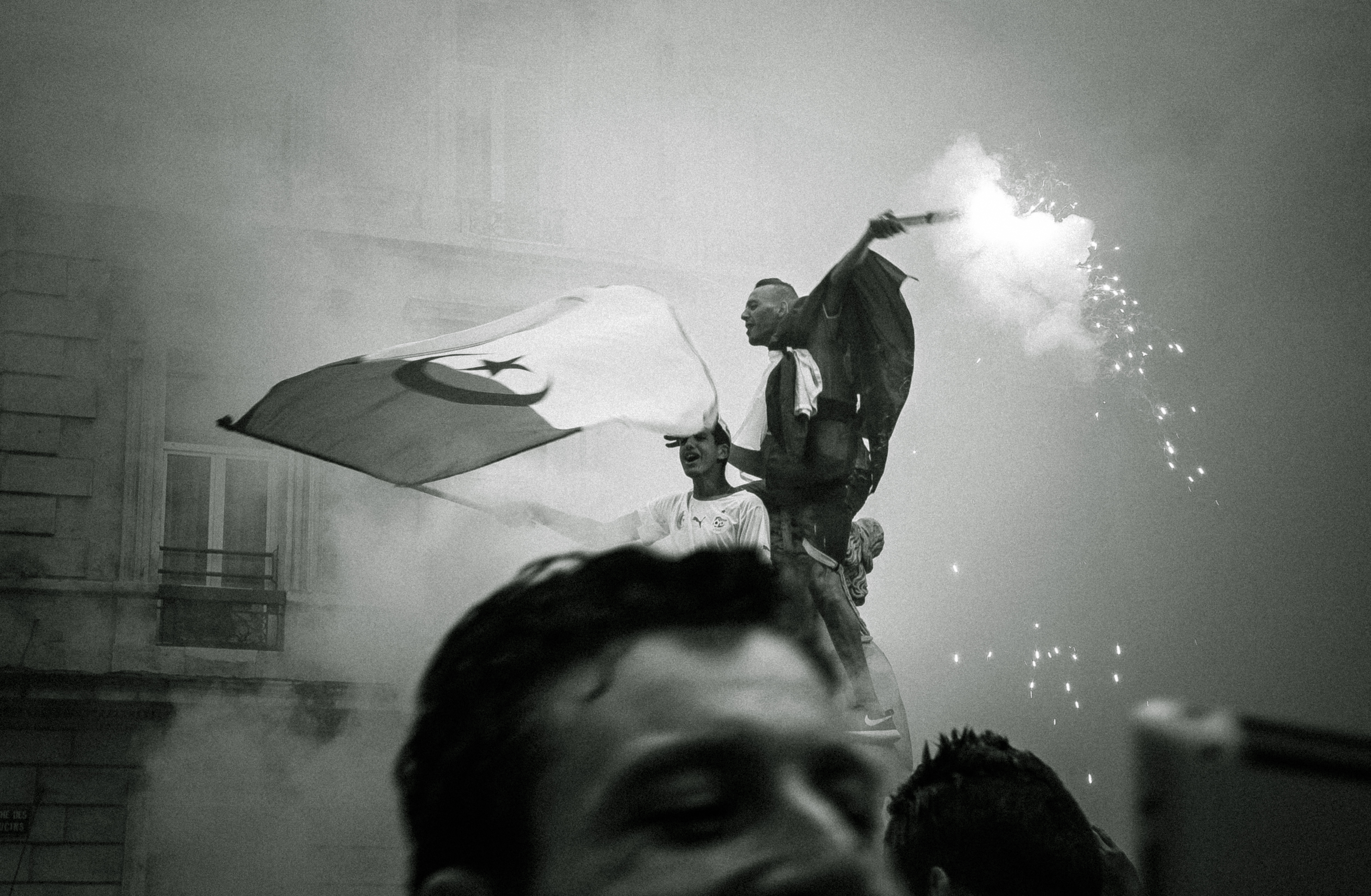
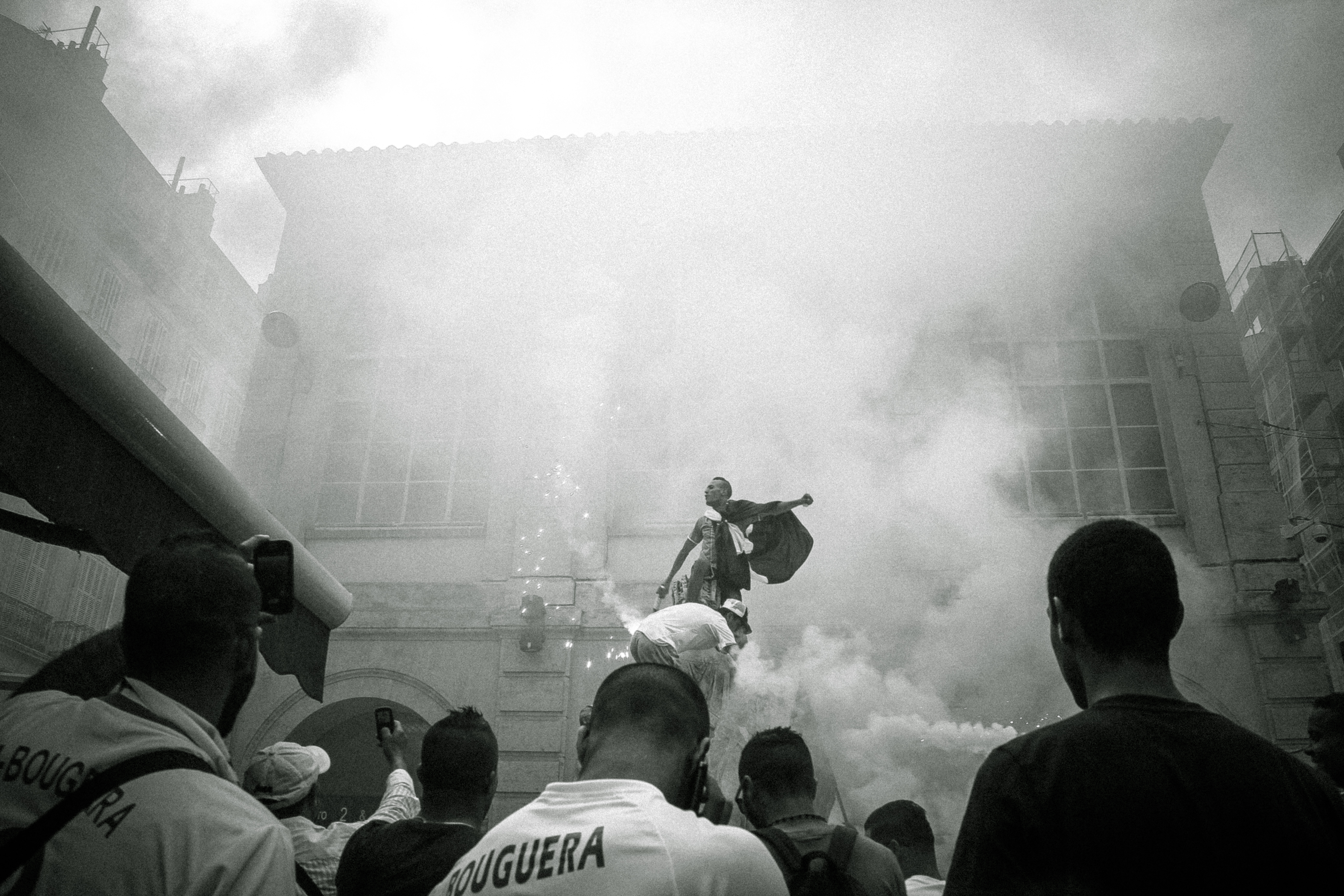
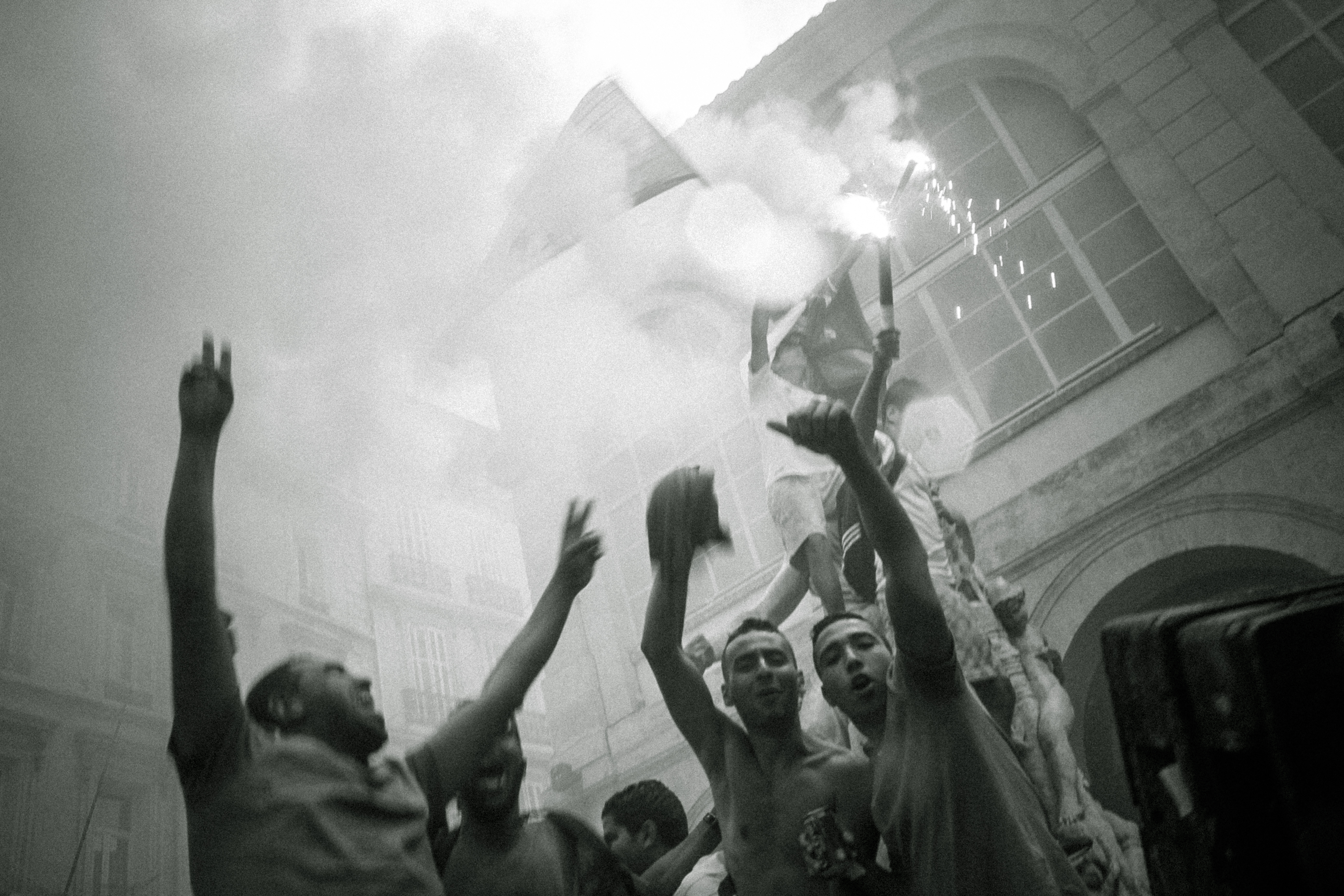
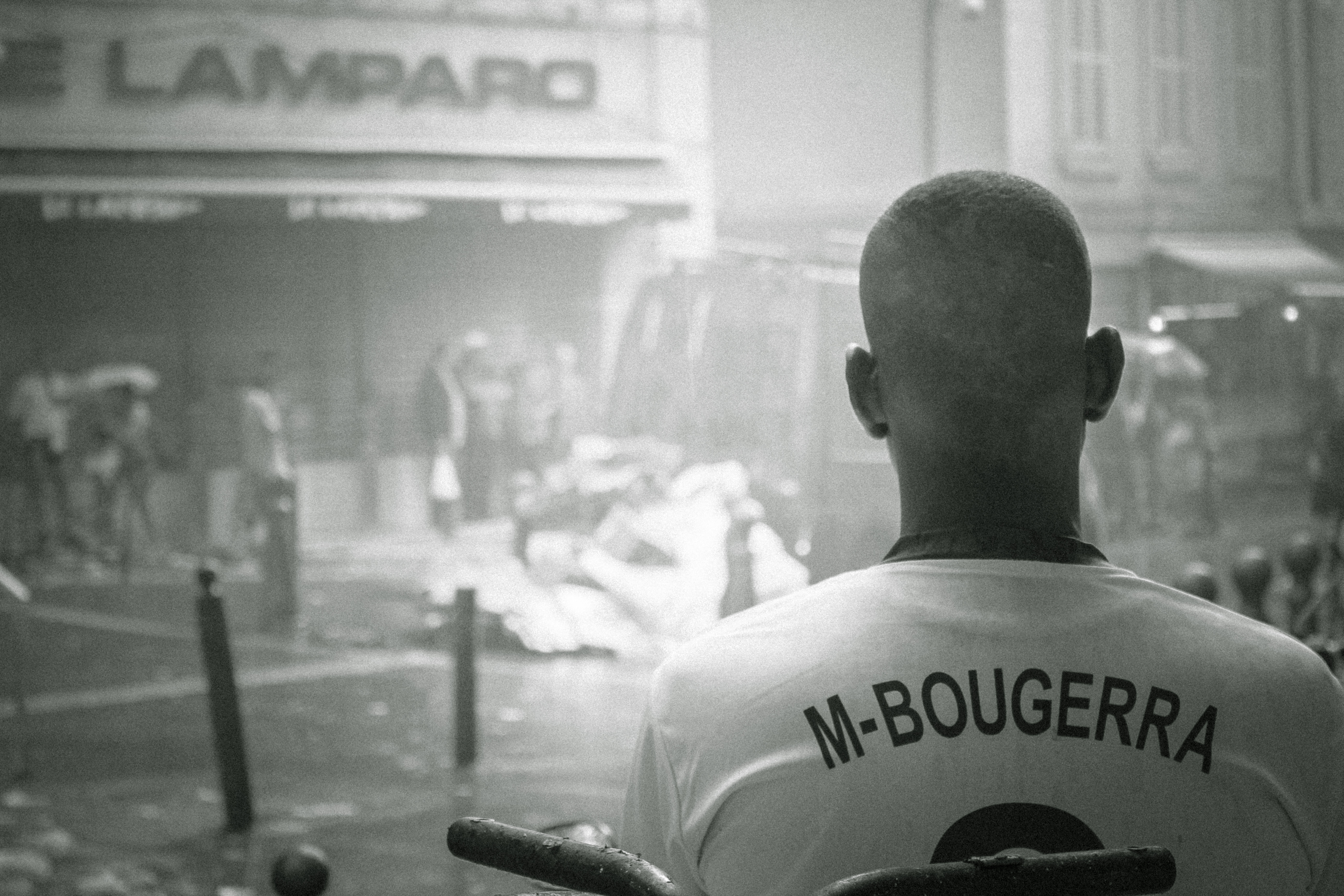
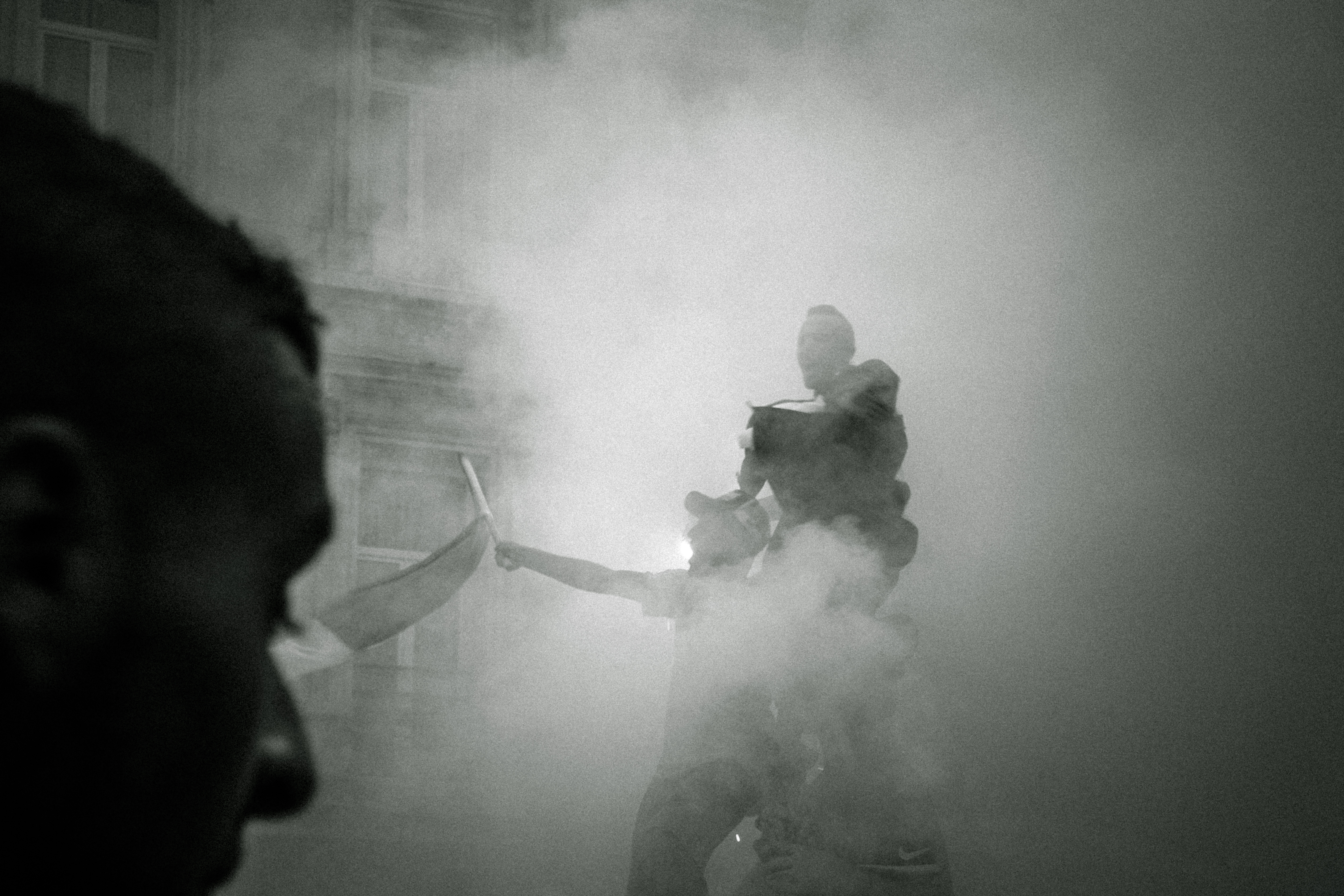
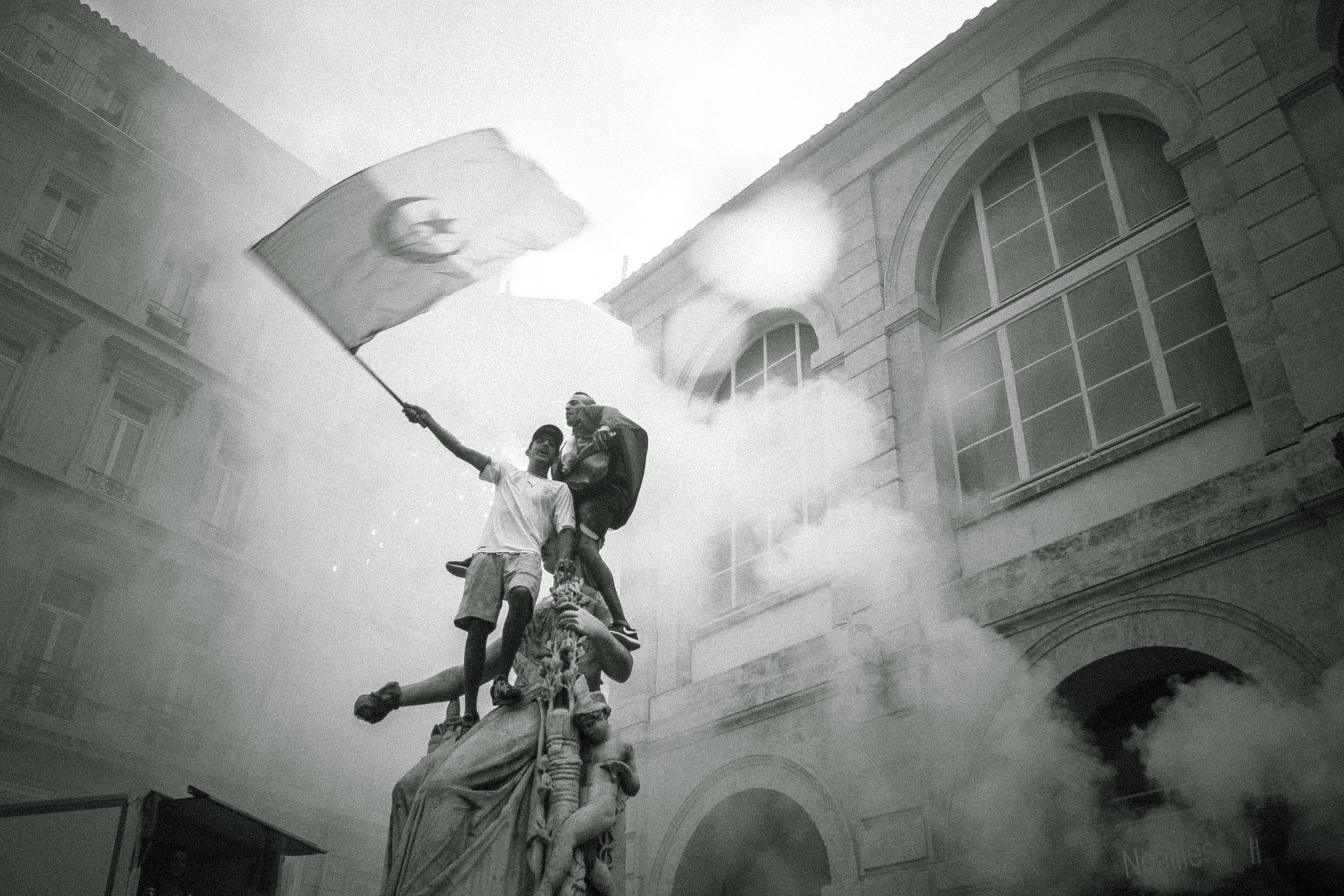
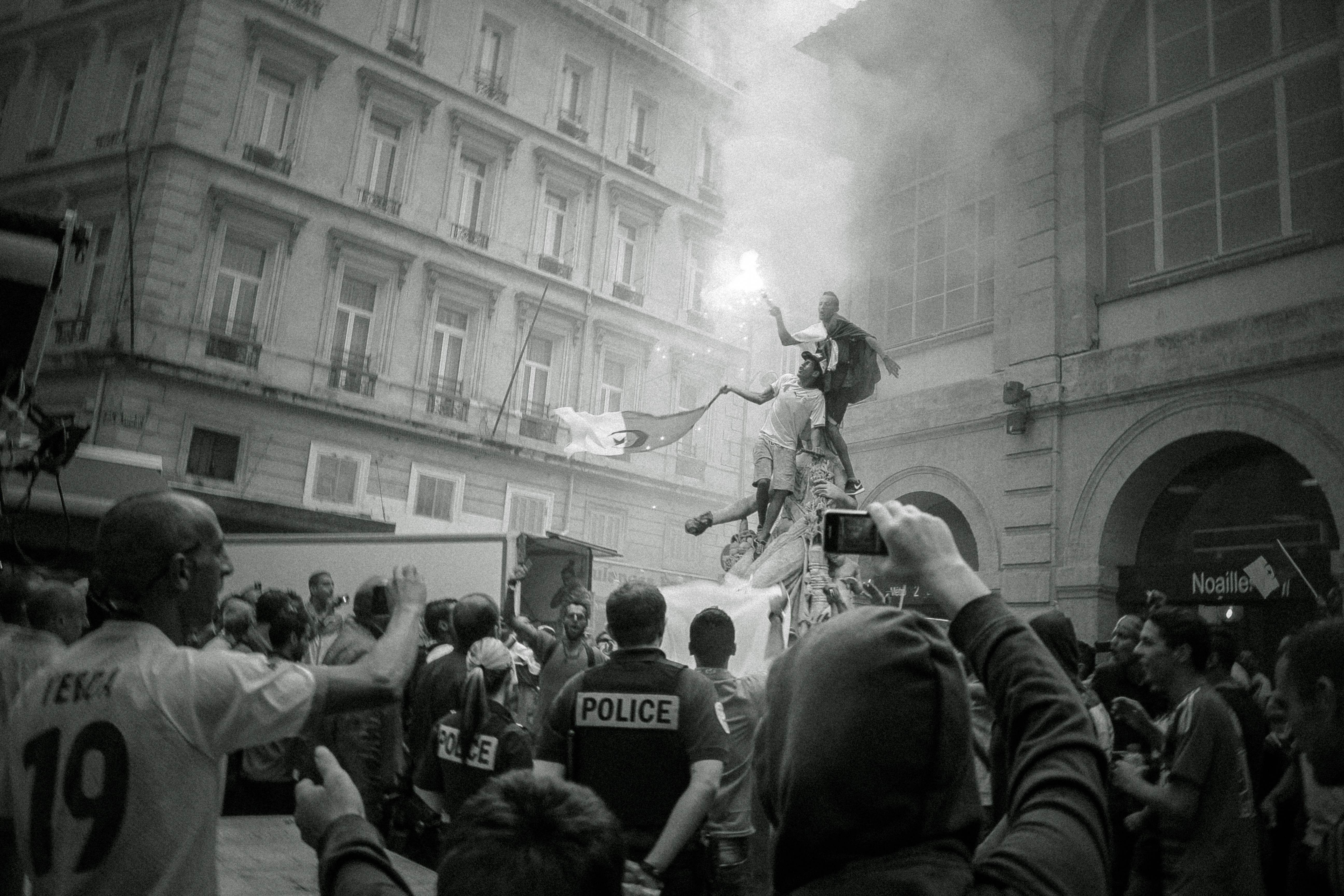
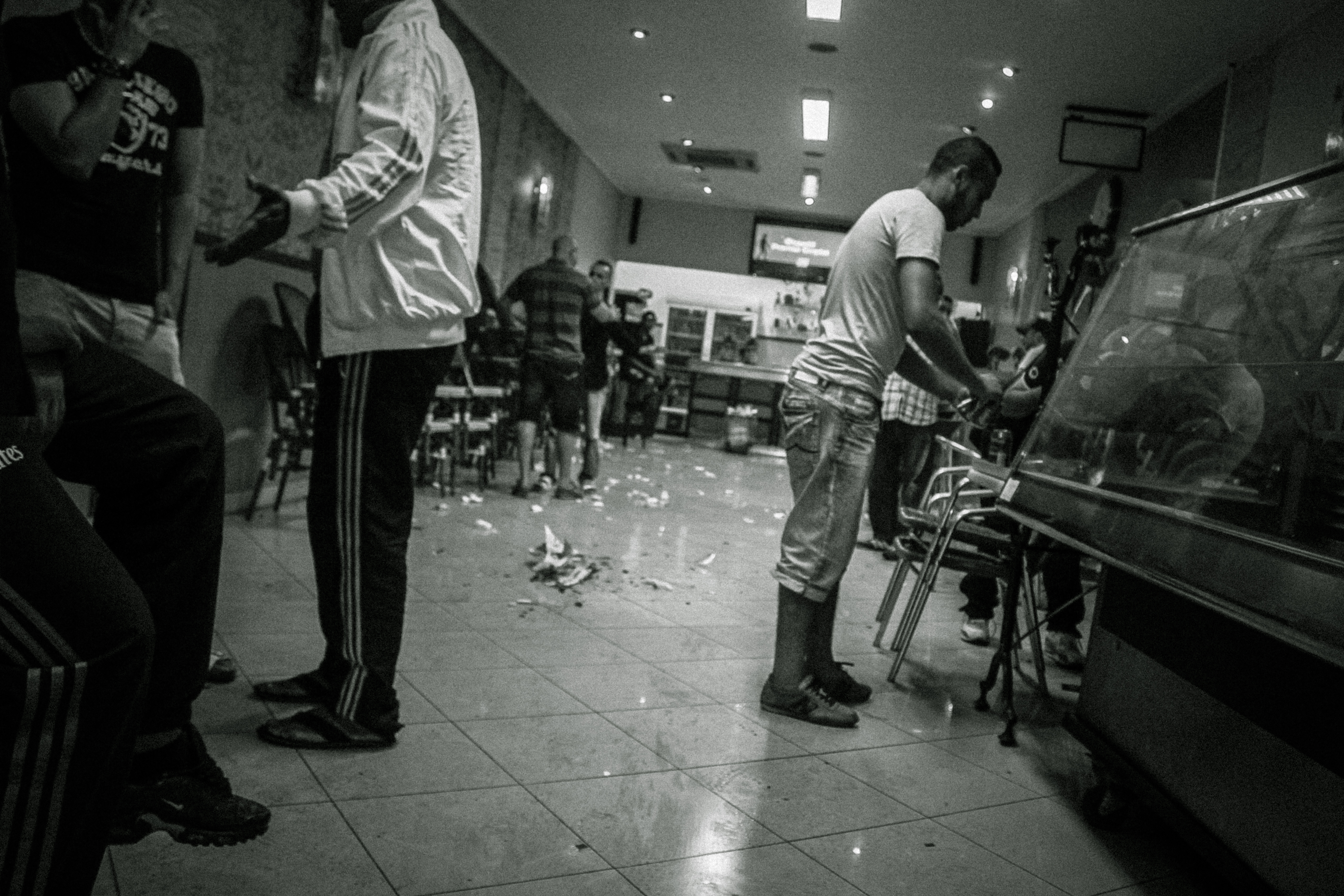
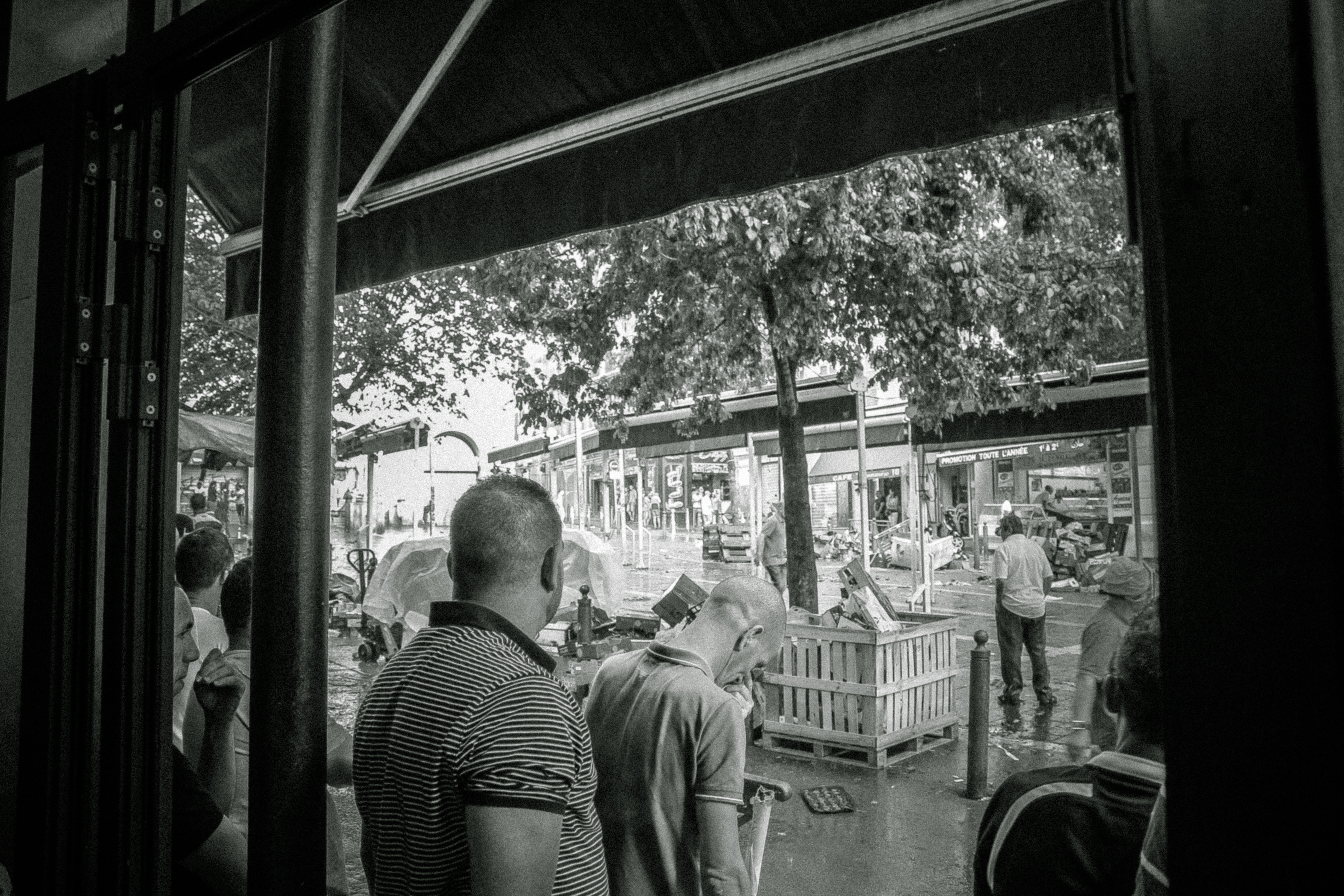
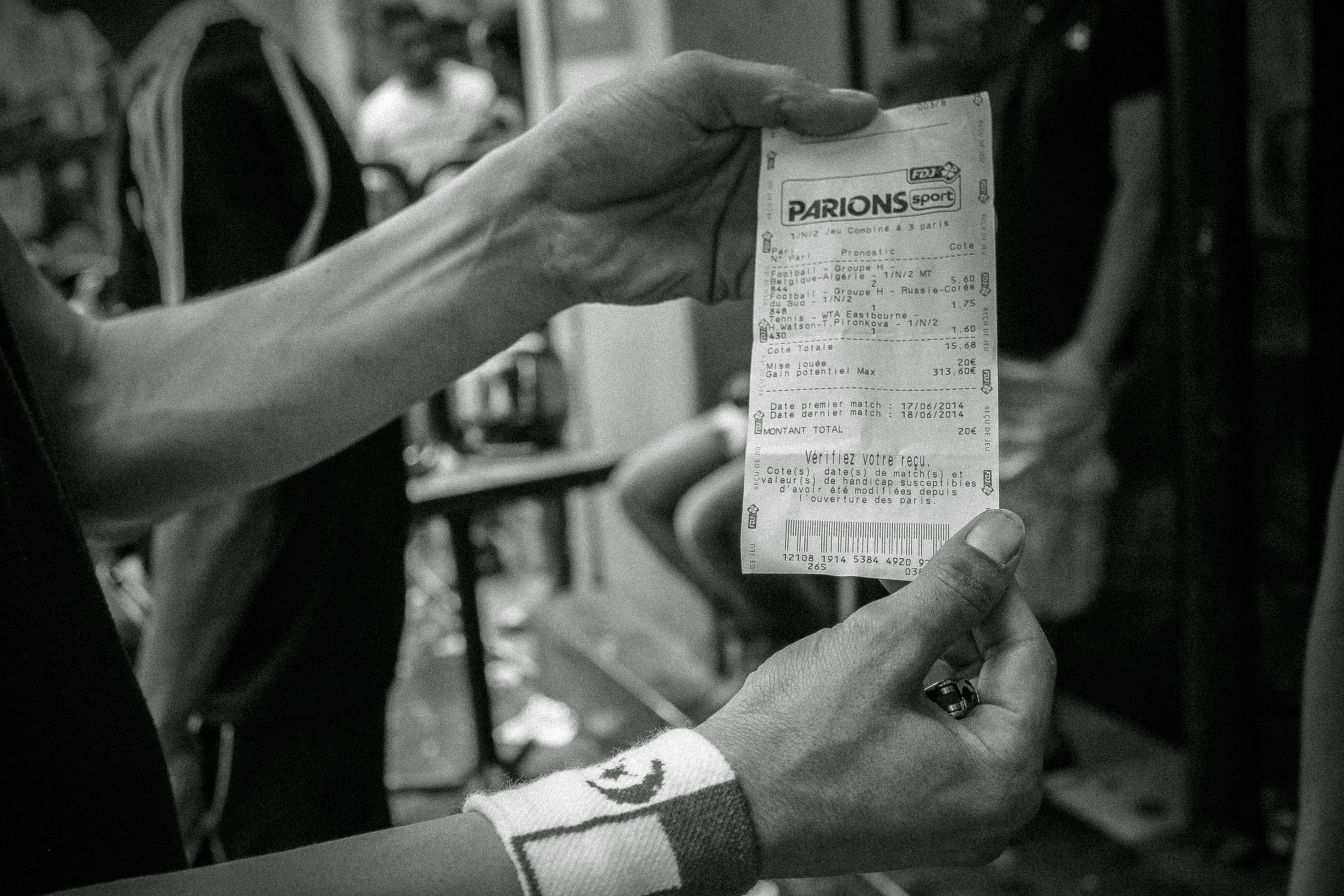

Commentaires récents